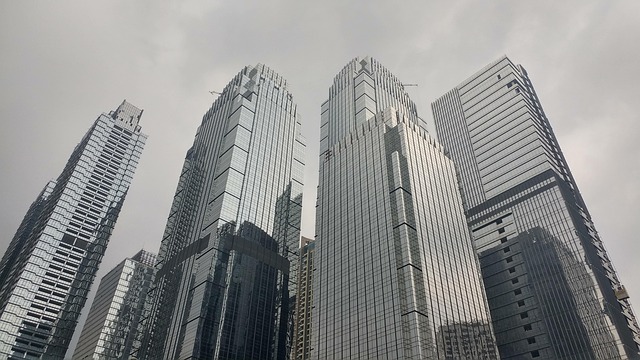Remote work trends drive a suburban office revival, challenging urban centers in real estate. Tranquil settings, nature access, and local amenities attract remote workers and startups. Developers adapt by converting former commercial spaces into modern, flexible hubs prioritizing well-being and community, reflecting a significant shift from traditional offices.
In recent years, suburban offices have seen a surprising resurgence in interest, challenging the long-held belief that urban centers are the sole domain for commercial real estate. This shift is driven by evolving workforce preferences and lifestyle changes, as remote work becomes more prevalent. The article delves into this trend, exploring factors attracting businesses back to the suburbs and how this movement is reshaping the landscape of office spaces in the real estate market.
<section id="––––––––––––––––––––––––––––––-“>
– *

The shift towards remote work has sparked a surprising revival in suburban offices. This trend is reshaping real estate dynamics, as urban centers once perceived as the be-all and end-all for commercial spaces are now facing competition from more affordable and tranquil alternatives further afield. The appeal of suburban locations is twofold: they offer a peaceful environment conducive to focus and productivity, contrasting the hustle and bustle of bustling city centers, while also providing easier access to nature and local amenities, enhancing work-life balance.
Real estate investors and developers are taking note, with a surge in the renovation and repurposing of former commercial spaces into modern office hubs catering to remote workers and startups. This shift reflects a broader desire for more flexible, community-oriented workspaces that prioritize well-being and collaboration, marking a significant departure from traditional, labyrinthine office settings.






